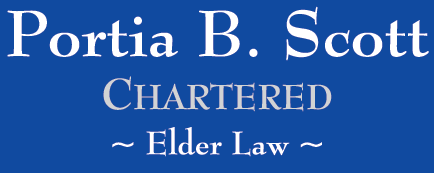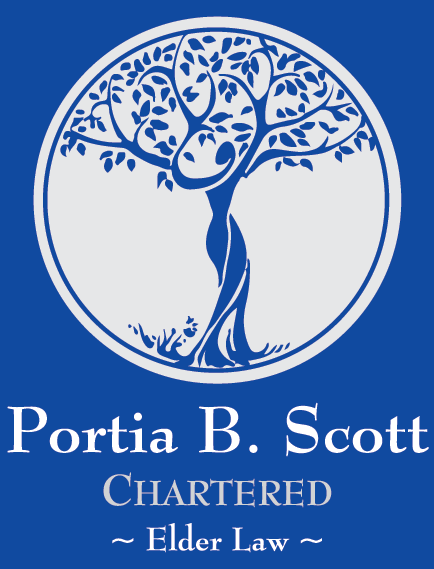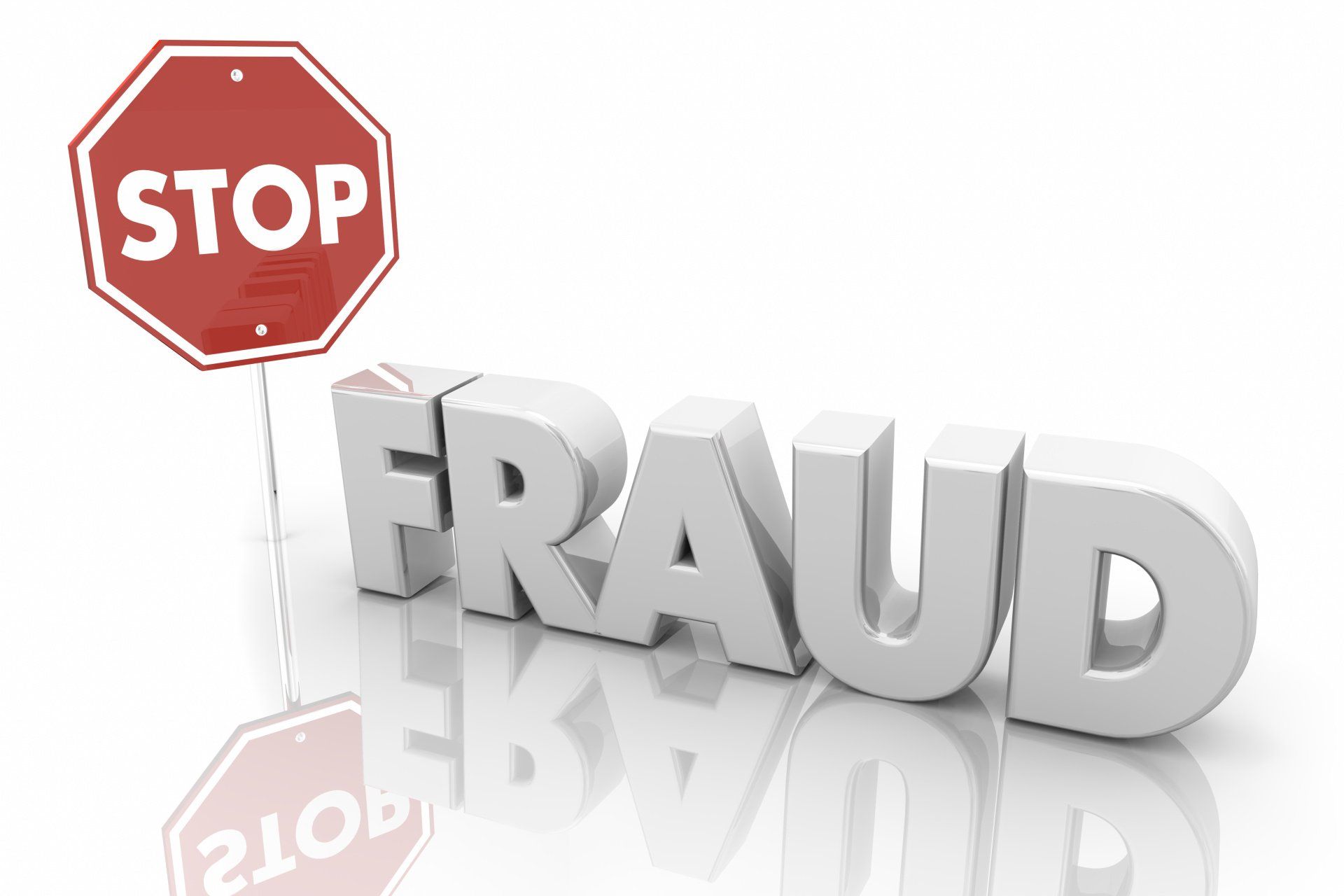By Portia B. Scott, J.D., L.L.M.
•
September 22, 2025
For many families, the home is the single asset with the most value. I understand that financial planners do not like to include the equity in the home when making determinations of wealth, but sometimes it is worth considering. Three questions and accompanying scenarios especially come to mind for the Elder Law practitioner. First, how can a client use the equity in the home to fulfill the client's desire to age in place? Second, does the client need to spend all of the home's value before Medicaid will help when moving into long term care? Third, what, if anything, can be left by the client for the children once the client is gone? In Florida, the answers are as follow. If the client has significant equity in the client's home, a Home Equity Line of Credit ("HELOC") or a Reverse Mortgage are options to be considered. The differences between the two are that a HELOC tends to be less expensive way of accessing the equity in the home, at least initially, but does require monthly repayments to be made on the loan. So, the borrower witl need to include some repayment in the monthly household budget. The borrower has greater options about where the borrower lives. For instance, if the borrower chooses to go live in an assisted living facility, as long as the HELOC is being repaid, there is no issue. This means, among other things, the borrower could rent the property out and use the net proceeds to pay the HELOC. (There are other issues this would bring up including those regarding homestead, however.) A Reverse Mortgage, on the other hand, tends to be more expensive (typically higher interest rates and, often, origination expenses) but does not have to be paid back until the borrower dies or otherwise stops living in the home. This means that if the borrower wants to live at home, the borrower can use the equity to pay for household expenses, taxes, home health aides or companions, lawn care and any other duties the borrower can not, or maybe just does not want to, perform. Does the dient need to spend all of the home's value before Medicaid will help with long term care? Not in Florida, no. In 2025 if a single persons owns a home with less than $730,000.00 in equity and that person need Medicaid to help with long term care bills (nursing home), as long as the patient otherwise meets Medicaid requirements, the patient may keep their home. When the person passes away, the family can inherit the home without worrying about that particular asset being subject to Medicaid State Estate Recovery ("claw back"). With the right plan in place, the last, possibly most valuable asset of the nursing home patient, the client can create the legacy for the children after the patient is gone. More than $730,000.00 in equity? Maybe the client can borrow against the house and use the funds (not gifting the funds) thereby lowering the actual equity down to below $730,000.00? Buying a more expensive car, putting on that new roof the insurance company is going to require soon anyway, upgrading to impact windows, remodeling the kitchen with all new appliances and flooring throughout, taking a trip to see loved ones, paying estimated future income taxes: all of these are ways to spend that "excess" equity. For a married couple when one of them is in a nursing home and the other is not and remains in the community, this community spouse does not have to spend down any of the equity of the house the couple owns. Finally, if a homestead is left to someone who is descended from the homeowner's grandparent (l know, it is a long way to say blood relative), the home can be left to such a person without having to pay Medicaid any of the asset the homestead represents. Further, because of the "stepped up" basis in the house, leaving a home can truly create a way of ensuring an inheritance which many people consider very valuable indeed.





